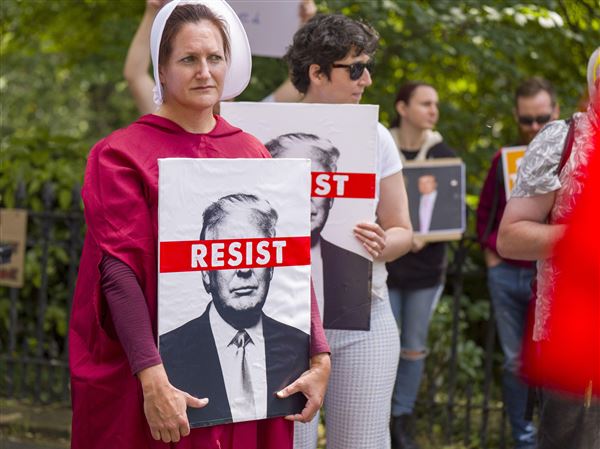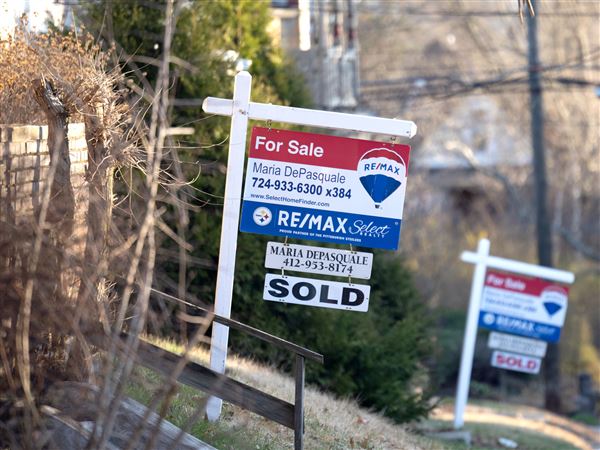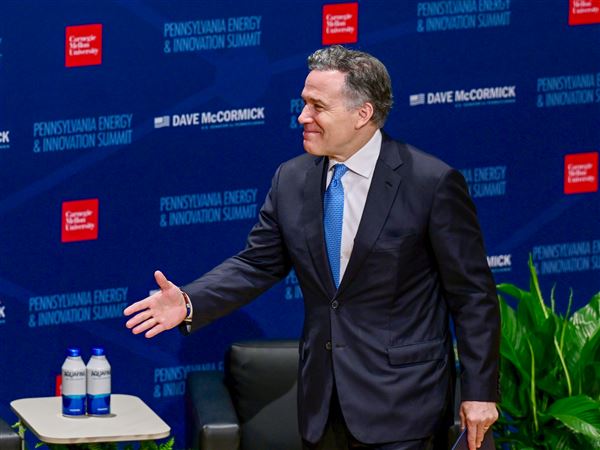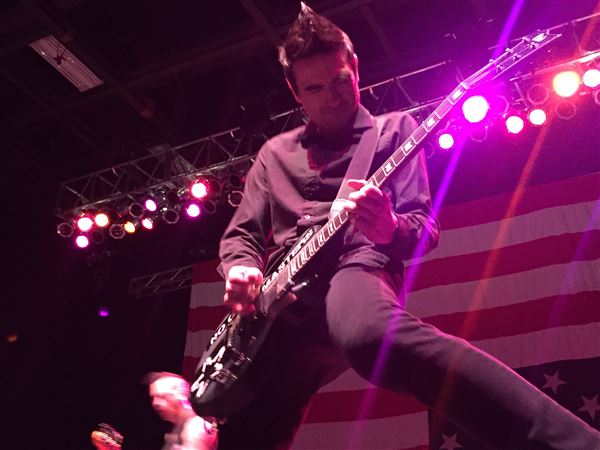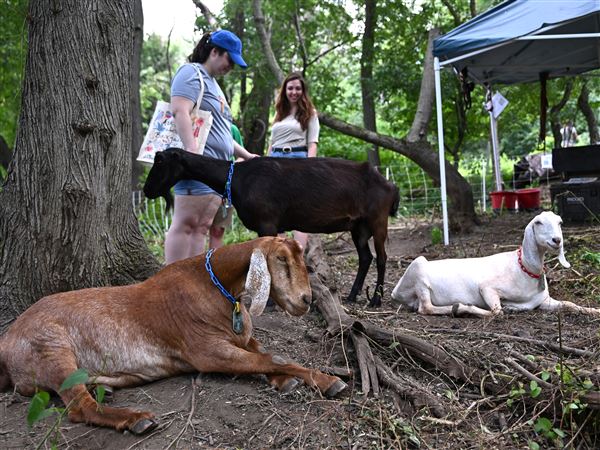Better than nothing. That sums up the value of the campaign finance reform offered by Pittsburgh's mayor and the Allegheny County chief executive. And that's not saying much.
In a political landscape where contributions from government vendors flow freely, rich no-bid contracts abound and a pay-to-play culture is alive, citizens will need more than this to bring about real reform.
Just last Sunday Post-Gazette staff writer Rich Lord reported that even politicians who hold voluntary seats on public boards and authorities stand to reap big political benefits from companies eager for government work.
City Councilman Jim Motznik, who sits on the Allegheny County Sanitary Authority, received $26,150 in political donations between 2005 and 2007 from five firms with Alcosan contracts. Other officials -- including state Rep. Don Walko, state Sen. Jim Ferlo, state Rep. Dan Deasy and city Councilwoman Tonya Payne -- also received thousands of dollars in political aid from businesses that got work from the Pittsburgh Water and Sewer Authority and the Urban Redevelopment Authority, where these lawmakers have seats.
The knee-jerk response of elected officials is that such donations, which ranged from $1,500 to $11,500 in the Post-Gazette report, don't influence their work for the public. So why not prove it and refuse to take the money?
Just as unlikely is the chance that Luke Ravenstahl and Dan Onorato's proposal will do much to reduce the influence of political contributors. For one thing, the donation limit is too high -- $4,600 for individuals and $10,000 for political action committees per election cycle. That matches the ceilings in campaigns for the U.S. House, U.S. Senate and the presidency, and in so doing invites too much political money into local races under the guise of "reform."
A Pittsburgh council member, who has about 34,600 constituents, doesn't need the same fund-raising muscle as a Pennsylvania congressman, who represents more than 646,000. Besides, other cities have imposed tighter lids on donations to local officials.
The reform approved last year by City Council was a tougher proposal, limiting contributions to $2,000 for individuals and $5,000 for PACs. But the mayor vetoed it, with the lame excuse that PACs stood to be outspent by theoretical millionaire candidates who could self-fund their campaigns.
The truth is Pittsburgh and Allegheny County elections are scarcely touched by millionaire candidates, but thoroughly dominated by sky's-the-limit PAC contributions from unions, businesses, wealthy donors and government vendors. And the mayor and county executive know it well: Mr. Ravenstahl raised $1.15 million in 2006 and 2007, with $299,000 of it coming from 25 supporters (about $12,000 apiece) and Mr. Onorato already has $4 million for the 2010 governor's race.
We have two other concerns. First, nothing in the plan would curb contributions from recipients of no-bid government contracts; any true reform needs to address that. Second, we fail to see the need for both the city and county to adopt the same plan; in fact, if one government could pass a strong law, it might prod the other -- and even the state Legislature -- to approve a reform with teeth.
As we said at the outset, these limits are better than none. But don't call it real reform. The people of Pittsburgh and Allegheny County deserve better.
First Published: January 15, 2009, 5:00 a.m.

